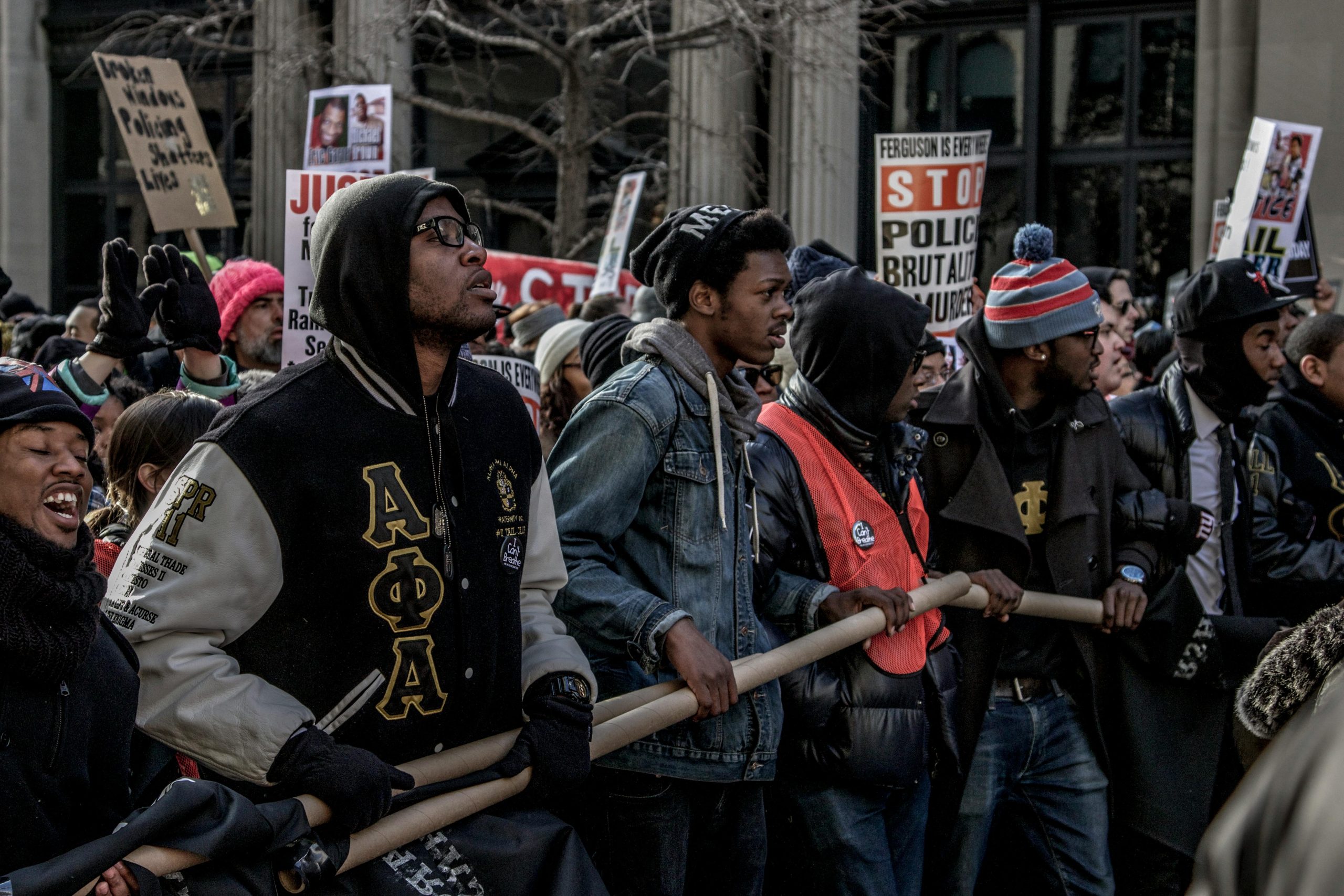RFK Jr. Takes a Stand Against the Medical Journal Establishment
In a bold statement that is turning heads in the medical community, Robert F. Kennedy Jr. has announced plans to sever ties with some of the most prestigious medical journals. During a recent discussion, he expressed his discontent with notable publications such as The Lancet, the New England Journal of Medicine, and the Journal of the American Medical Association (JAMA), branding them as corrupt entities within the medical establishment.
Kennedy’s frustration stems from a growing belief that these journals prioritize commercial interests over genuine scientific integrity. He believes their editorial policies are heavily influenced by pharmaceutical companies and other corporate interests, ultimately compromising the integrity of the scientific discourse. This perspective has fueled his resolve to find alternative platforms for sharing medical research and findings.
The implications of RFK Jr.’s stance could be significant, not only for the journals in question but also for the medical community as a whole. By refusing to publish in these established venues, Kennedy aims to challenge the status quo and bring attention to what he perceives as systemic issues within peer-reviewed publishing. This move is likely to ignite discussions around the transparency of research funding and the credibility of published studies, particularly in an age where misinformation can spread rapidly.
Kennedy’s critique is not merely an isolated incident; it taps into a larger conversation about the reliability of scientific literature and the influence of commercialism on healthcare. As more professionals in various fields express skepticism toward conventional journals, there is a burgeoning demand for innovative and accountable publishing alternatives that prioritize openness and integrity.
The fallout from this declaration could set the stage for profound changes in academic publishing, prompting both critics and supporters to rethink the relationship between science, publication, and public trust. As this story develops, many will be watching closely to see how the situation unfolds and what other voices in the scientific community may join Kennedy in calling for reform.
In a world increasingly skeptical about information sources, RFK Jr.’s stance serves as a clarion call for those seeking to navigate the complexities of modern healthcare and research integrity. Whether or not his actions will lead to substantial change remains to be seen, but his fight against the so-called “journal cartel” is sure to fuel ongoing debates about the future of medical journalism.



